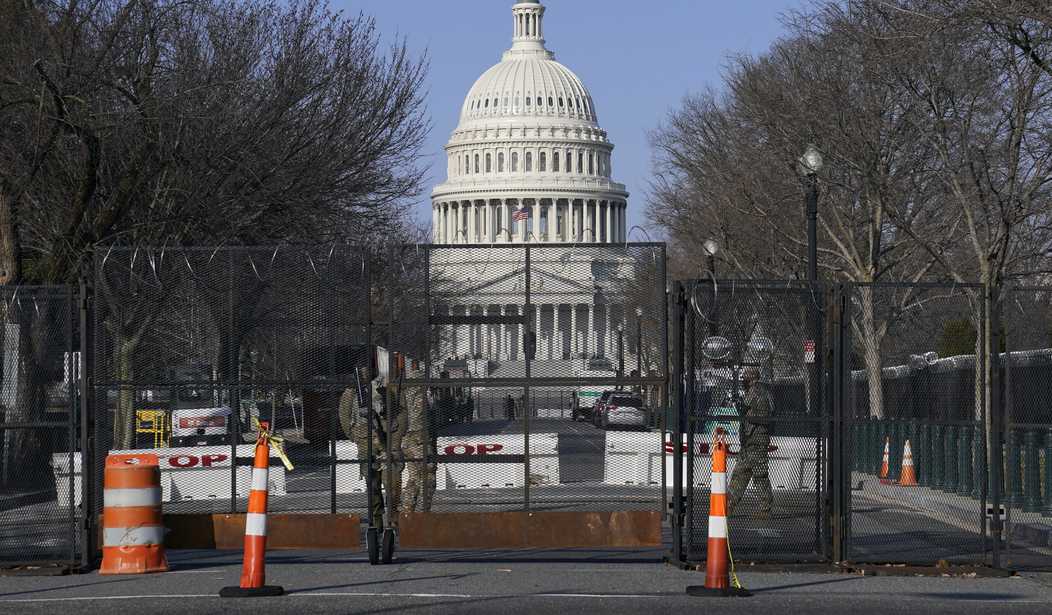Multiple infrastructure bills are being prepped to be debated and voted on in Congress. Party lines have been drawn as Democrats are eager to pass legislation quickly while Republicans want to pump the brakes and slow down the process. Even though Democrats control the White House, the House of Representatives, and the Senate, their majority hinges on Vice President Harris (a fellow Democrat) casting the tie breaking vote. With that razor thin majority, the Democrats remain well short of the 60-vote threshold needed to obtain a filibuster-proof majority.
Short of Sen. Chuck Schumer (D-NY) using the “nuclear option” and abolishing the filibuster – a prospective move that has already garnered widespread opposition from Republicans and a handful of moderate Democrats – many of the seminal works of the 117th Congress will necessarily be bipartisan in nature. Otherwise, the Republican minority can continue debate ad infinitum and cost Schumer valuable floor time that could be spent elsewhere. However, in a select number of circumstances, Democrats can use budget reconciliation to move legislation outside of the typical 60-vote requirement without ending the filibuster.
To understand budget reconciliation, it is best to imagine a family sitting down at the kitchen table and discussing adjusting their spending levels and setting new targets. Expand that to the U.S. Congress talking about the entire federal budget and that is essentially what is at play. According to the Congressional Budget Act of 1974, both chambers may pass a resolution setting new spending targets for certain mandatory programs and a bill can be passed to meet the new targets under special reconciliation rules.
Important here is the fact that reconciliation bills are not subject to the 60-vote requirement in the Senate. They require only a simple majority. There are, however, some limitations. Only policies that change spending or revenue can be included. Debate time is limited and only certain amendments can be offered during that limited debate. Most recently, this process was used to pass the $1.9 trillion COVID relief package.
Recommended
Now, there are rumblings that the administration and congressional Democrats want to run the process back for the impending infrastructure packages. Sen. Ben Cardin (D-MD) was caught on a hot mic telling Department of Transportation Secretary Pete Buttigieg that they would have to use reconciliation to bypass Senate Republicans, who are likely to overwhelmingly oppose the package.
It is important to understand reconciliation’s history to see why this is a dangerous idea. The rules were initially intended to address rising deficits and to counter presidential interference in the budget process. They have instead been used to speed forward policies like the COVID relief package that have exacerbated trillion-dollar deficits. Instead of countering executive branch intrusion on the legislature, reconciliation is being used to accelerate presidential priorities. This is happening on both sides of the aisle.
This infrastructure package would spend another $3 trillion. It is also riddled with agenda items entirely unrelated to infrastructure, including $400 billion to combat climate change. The package also contains provisions that would mandate paid family leave and free community college. The bill’s sponsors also had the audacity to include the text of Speaker Nancy Pelosi’s (D-CA) drug pricing reform bill from last Congress, which would impose strict price controls on our nation’s drug makers.
This state of affairs isn’t at all what the budget reconciliation process was meant to accomplish. According to the 1974 law that codified reconciliation, only issues relating to budget, spending, and revenue may be considered. A further amendment in 1985 from then-Sen. Robert Byrd (D-WV) – known as the “Byrd Rule” – stipulated that any erroneous or unrelated provisions may be stripped from the bill if they do not fall properly under the requirements for reconciliation. The Senate parliamentarian applied the Byrd Rule during the debate over tax cuts, where numerous provisions in the initial drafts did not make the final package. It is also the reason a federal minimum wage hike was stripped from the COVID relief package.
Despite the wide latitude the Senate has been given to use reconciliation as a means to partisan ends, it still does not seem enough. There have been calls by congressional Democrats to abolish the 60-vote threshold for all legislation. There have also been calls for Vice President Harris to use her authority to overrule rulings by the parliamentarian. It is clear: budget reconciliation is no longer being used to reduce deficits and harmonize federal spending. It has been warped beyond all recognition.
Reconciliation has long outlived its usefulness for the United States. Congress needs to step up and embrace some level of bipartisanship and responsibility for policymaking. Instead, they rely on whatever security blankets they can find to remain blindly partisan and pass the buck to the executive branch where possible. Reconciliation is one of those security blankets. It’s time for our elected leaders to grow up and cast it off.
Dan Savickas is a Policy Analyst for the Taxpayers Protection Alliance.

























Join the conversation as a VIP Member